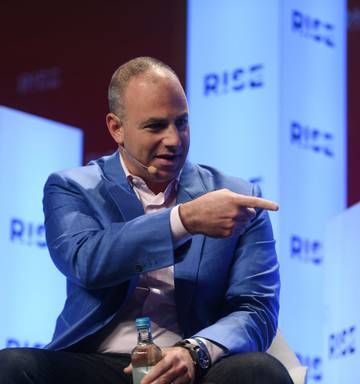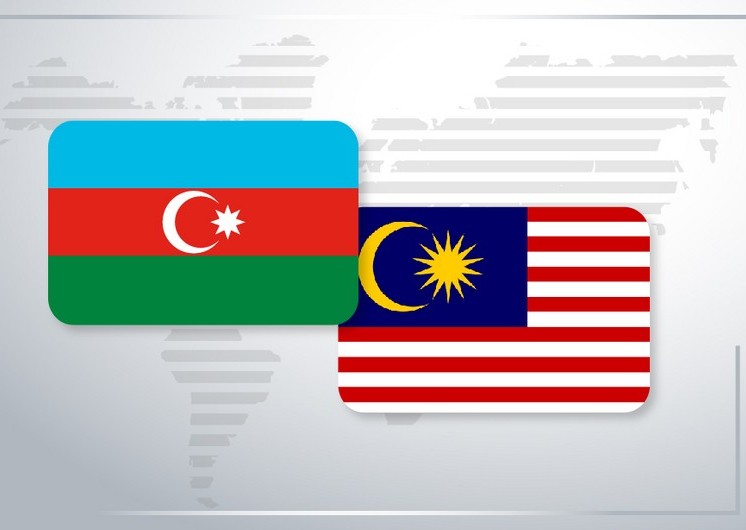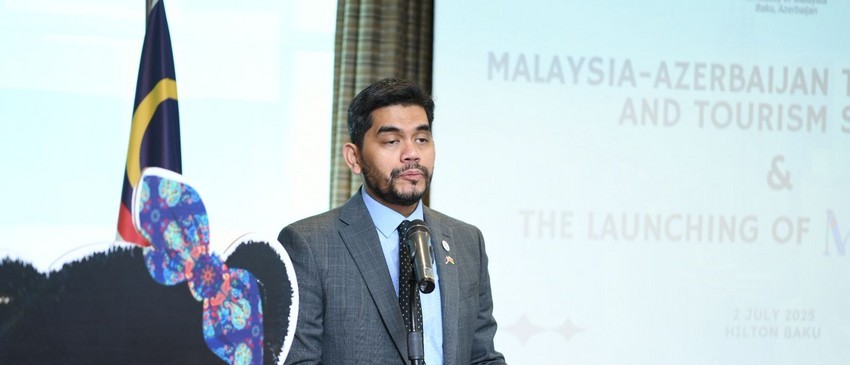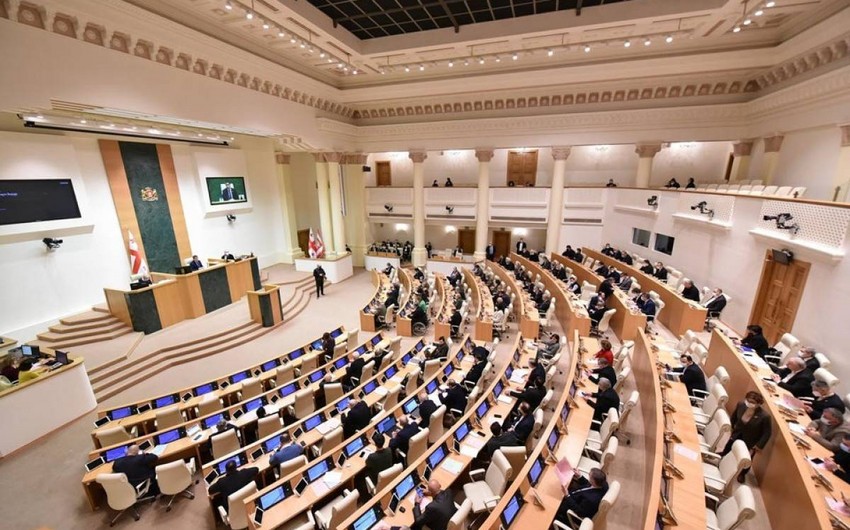The dating app has become the go-to tool for singles looking for a ‘hook-up’ rather than a relationship. Its chief executive reckons it can broaden its appeal – but will have to get tough with some users
Swipe right for “would like to meet”, left for “wouldn’t”. Seven years after Tinder made choosing a date as simple as flicking your thumb across a smartphone screen, it is by far the most-used dating app in the UK and the US. Downloaded 300m times and with more than 5 million paying subscribers, it is the highest-grossing app of any kind in the world, according to the analysts App Annie. For Americans, apps and online dating are the most common way to meet a partner. “It’s an amazing responsibility, and an amazing privilege,” says Elie Seidman, Tinder’s 45-year-old chief executive. If he finds it less daunting than others might, that’s because, before he took over Tinder in 2018, he was in charge of OkCupid, the Tinder of the 00s. He has spent much of his working life helping people to find love.
“The vast majority of our employees are energised by that very mission,” he says. “We’re not selling plumbing supplies, right? Obviously, plumbing is really important, but ours is a really noble and exciting mission. So, when we’re taking new risks – new challenges, new chances – we know that, if we’re successful, it’s about helping members connect.”
At times, though, it has felt as if Tinder has chased that goal with too much passion. Launching on college campuses, before expanding to New York, London and then everywhere, Tinder rapidly gained a reputation as less of a dating app and more of a “hook-up” app: laser-focused at finding users a match as quickly as possible, with minimal fuss between opening the app and getting lucky.
In its early days, Tinder leaned into this reputation. Perhaps the most notorious feature was the introduction of a secret “Elo ranking”, a term borrowed from the chess world to describe a way to score people based on their previous matches. With the Tinder version, your score went up a lot if hot people swiped right on you; if ugly people swiped left on you, it went down just as much. Whether or not your matches were hot was based on their own Elo ranking, and so on.
Matching hot people to hot people felt like the purest distillation of what Tinder was – and a good summation of the often bro-filled atmosphere in the office in the early days. (This approach continues to shake out in messy legal battles between cofounders, with allegations of sexual harassment blending with claims of share-price manipulation.) In hindsight, Seidman says, this approach was a mistake. Now, rather than how hot a person might be perceived to be, it’s how often they use the app that takes priority – that and location, which, Seidman points out, is hardly an innovation. “My father has a story from when he was growing up in Queens. He was dating a woman who lived on the Upper East Side. She broke up with him because he was ‘geographically undesirable’. So the idea of long commutes being a thing, we see that very clearly. The other one’s age, right? People absolutely filter on age. They also filter on sexual orientation, not surprisingly.”
“The vast majority of our employees are energised by that very mission,” he says. “We’re not selling plumbing supplies, right? Obviously, plumbing is really important, but ours is a really noble and exciting mission. So, when we’re taking new risks – new challenges, new chances – we know that, if we’re successful, it’s about helping members connect.”
At times, though, it has felt as if Tinder has chased that goal with too much passion. Launching on college campuses, before expanding to New York, London and then everywhere, Tinder rapidly gained a reputation as less of a dating app and more of a “hook-up” app: laser-focused at finding users a match as quickly as possible, with minimal fuss between opening the app and getting lucky.
In its early days, Tinder leaned into this reputation. Perhaps the most notorious feature was the introduction of a secret “Elo ranking”, a term borrowed from the chess world to describe a way to score people based on their previous matches. With the Tinder version, your score went up a lot if hot people swiped right on you; if ugly people swiped left on you, it went down just as much. Whether or not your matches were hot was based on their own Elo ranking, and so on.
Matching hot people to hot people felt like the purest distillation of what Tinder was – and a good summation of the often bro-filled atmosphere in the office in the early days. (This approach continues to shake out in messy legal battles between cofounders, with allegations of sexual harassment blending with claims of share-price manipulation.) In hindsight, Seidman says, this approach was a mistake. Now, rather than how hot a person might be perceived to be, it’s how often they use the app that takes priority – that and location, which, Seidman points out, is hardly an innovation. “My father has a story from when he was growing up in Queens. He was dating a woman who lived on the Upper East Side. She broke up with him because he was ‘geographically undesirable’. So the idea of long commutes being a thing, we see that very clearly. The other one’s age, right? People absolutely filter on age. They also filter on sexual orientation, not surprisingly.”
But women have it worse. Even putting aside Margaret Atwood’s observation that men worry that women will laugh at them, while women worry that men will kill them, the misogyny on Tinder is the stuff of legend. One 2016 study, from Manchester Metropolitan University, found that straight men who feel “let down” after finding a date was less attractive than her picture saw it as “a licence to use their date as they saw fit”. Meanwhile, dick pics, solicited and otherwise, are so ubiquitous that they are inspiring art. Francesca Harris, a student at the University of Nottingham, used the app to solicit more than 300 (and one headshot of Donald Trump) for her fine-art degree show project, entitled The Modern Male.
“We have a really, really, really clear view,” Seidman says, “which is that people who are awful need to be removed from these apps. We have a ton of work in our trust and safety group between tech and people – massive teams of moderators benefiting from AI. We have things in the app to educate people about how to behave. So we’re coming at it from a lot of angles. If you have behaved badly, we want you out – and we want you out as quickly as possible.”
Seidman says Tinder’s record has improved. “Without getting into lots of specific details about metrics, which I won’t divulge, we’re much, much, much better at it than we were two or three years ago. It is much harder to misbehave and stay on Tinder.”
But if Tinder is getting better at spotting abusive behaviour, and turfing perpetrators off the platform, what about the other side: are people learning to behave better in the first place? “What’s clear is that if you grow up in a world where you are accustomed to digital social – you were on Fortnite with your friends or your friends of friends, or you did FaceTime with your aunt or your grandmother when you were a kid – you don’t think of the digital world as a different world, one where the rules of decorum and the norms of behaviour that we take for granted in a bar or a restaurant just go out the window. It’s not an alternate universe. It’s a part of real life. Every next set of 18- and 19- and 20-year-olds who join Tinder have grown up in a different environment in terms of digital social life.”
That generational shift, Seidman says, is crucial to understanding Tinder’s very visual skew, which differentiates it from older services such as OkCupid and has been blamed for the “shallow” nature of the connections it leads to. On OkCupid, when Seidman started, users were asked to fill in enormous questionnaires. An algorithm then purported to match them to those most compatible based on anything from big life choices to opinions on blockbuster movies. On Tinder, by contrast, the basic question is simpler: “Is this person hot?”
Seidman argues that this shift is, in part, just a reflection of the changing nature of technology. “The internet has become vastly more visual over the past 20 years, right?” Smartphones played a big part in this because they made it so much easier to upload photos. In fact, if you can remember the net before smartphones, Tinder may well not be for you. Half of the app’s users are under 25 (and, Seidman emphasises, over 18), and signing up for an account as you arrive at university is virtually a rite of passage for Gen Z. With that comes new ambitions.
The core of the Tinder interface, with its pictures and swiping, is, Seidman says, designed to replicate the “click” that two people get when they lock eyes for the first time, only in a way that works for a generation that has already used to the idea of socialising online. So what next? The first date. “To what extent can we get the elements, the quality elements of a first date to happen digitally? The thing people are struggling with, is: ‘OK, I’ve got this match. How can I figure out if we’re going to like each other. Do we have anything to talk about? Can we connect and, you know, how’s our chemistry?’ Right? And so can we get more of what you would get and figure out on our first date?”
Advertisement
The company’s first exploration into answering those questions is … odd. Swipe Night, running every Sunday in October, is Tinder’s first original video production. As in the Black Mirror episode Bandersnatch, viewers get to pick how the story progresses. Unlike Bandersnatch, they get matched with others on the platform who picked similar outcomes. “We’re saying: ‘Hey, not only is it connections that you make, but we think that the shared experience as a community – of coming together – is a really special one. We think that shared experiences as a community of people is a powerful, important and ancient idea – and it shouldn’t go away.’”
As long as those shared experiences don’t involve unwanted dick pics, he may have a point.










